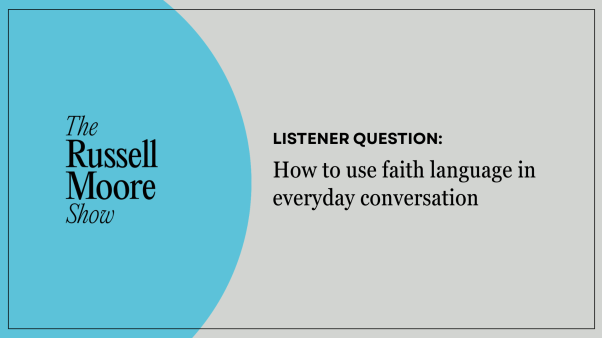
I appreciate it when a writer shows all his cards at the beginning of a book so I don’t have to guess at his presuppositions. Frank Viola does just that in the opening line of his newly re-released Pagan Christianity: Exploring the Roots of Our Church Practices (Barna, 2008). He starts like this: “Not long after I left the institutional church to begin gathering with Christians in New Testament fashion?” You can imagine the tone of the pages that follow.
Viola argues in his preface that the “practices of the first-century church were the natural and spontaneous expression” of believers indwelt by the Holy Spirit that were “solidly grounded in timeless principles and teachings of the New Testament.” Regrettably, he maintains, most practices of contemporary churches – including everything from having a professional pastor to meeting in a church building – are at odds with New Testament teachings. Worse yet, those extra-biblical practices were adopted from pagan culture. This is unsettling, Viola sympathizes; but it is also “unmovable, historical fact.” The remainder of the volume is an argument from Scripture and church history to support this thesis: “the church in its contemporary, institutional form has neither a biblical nor a historical right to function as it does.”
In the interest of full disclosure, I should confess that I’m a member of a historic denomination that worships with the liturgy. Not only that, it was only after dutifully searching the Scriptures and Church history that I moved toward – not away from – a more hierarchical tradition. So, I’m incurably biased. You judge the following for yourselves:
One of the contemporary church practices Viola denounces is “The Pastor” (chapter five). Although “by and large, those who serve in the office of pastor are wonderful people,” Viola argues, nevertheless, “it is the role they fill that both Scripture and church history are opposed to.” He makes the following argument from Scripture: 1) The word “pastor” appears only once in the New Testament, in Ephesians 4:11. 2) The word for pastor in Ephesians 4 is plural, which suggests there were more than one pastor at each church. 3) The word means “shepherd,” and does not, therefore, refer to a formal office, but simply a function of the church. 4) Finally, the passage “offers absolutely no definition or description of who pastors are.”
Wait; it gets better.
After a dubious journey through church history documenting the development from New Testament shepherds to contemporary pastor, Viola concludes that the “unscriptural clergy/laity distinction has done untold harm to the body of Christ” (136). Allow me to list his grievances. The contemporary pastor-role has:
? “divided the believing community into first and second-class citizens”
? “stolen your right to function as a full member of Christ’s body”
? “overthrown the main thrust of the letter to the Hebrews – the ending of the old priesthood”
? “rivals the functional headship of Christ in His church”
In short, “nothing so hinders the fulfillment of God’s eternal purpose as does the present-day pastoral role.”
Originally released in 2002, Pagan Christianity has been revised and updated with the help of George Barna. In my opinion, it’s Barna’s endorsement alone that makes the volume worth talking about. As angry and disillusioned as I was about institutional church six years ago, I would have enthusiastically digested Pagan Christianity in 2002 had it made waves big enough to reach me in Arkansas. With Barna’s help, the splash it makes in 2008 may be considerably larger. Add to the new endorsement the growing unease with institutions in general, and Pagan Christianity, with its angst and pseudo-academic format, may just find a market this time around. I’m no longer sure that’s a good thing.
Brandon O’Brien, Leadership assistant editor









